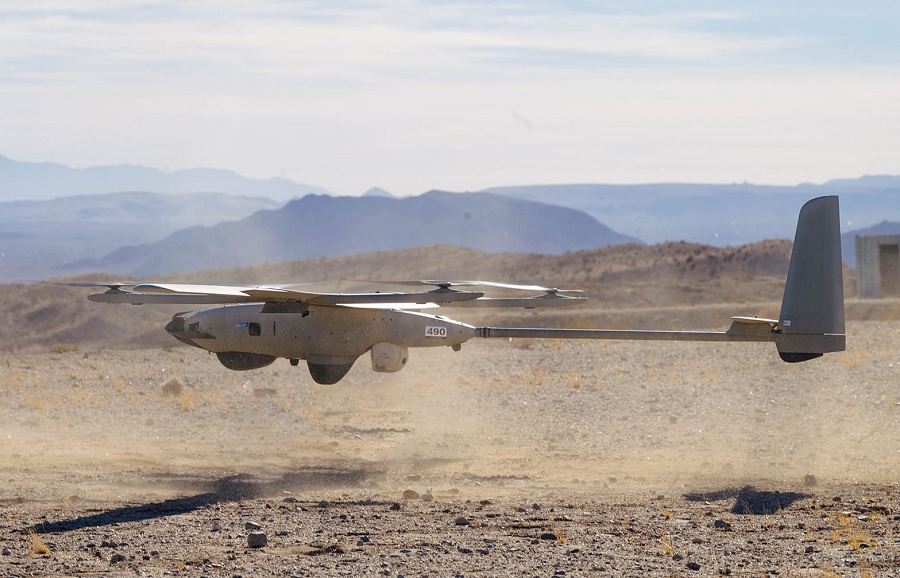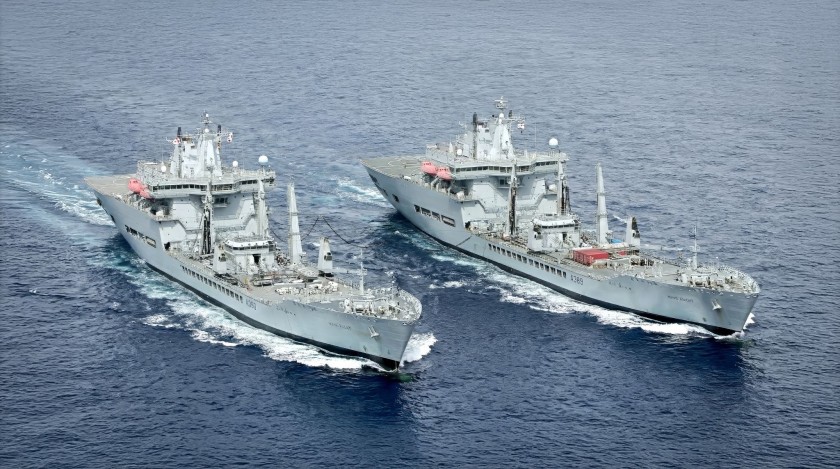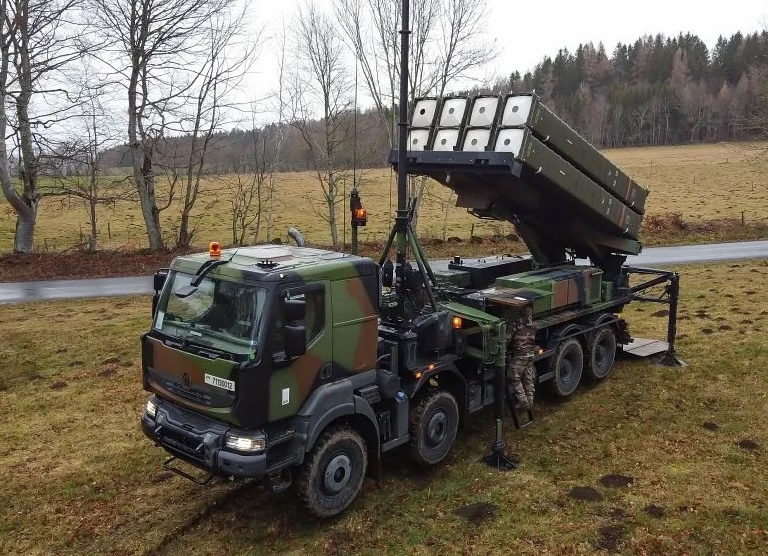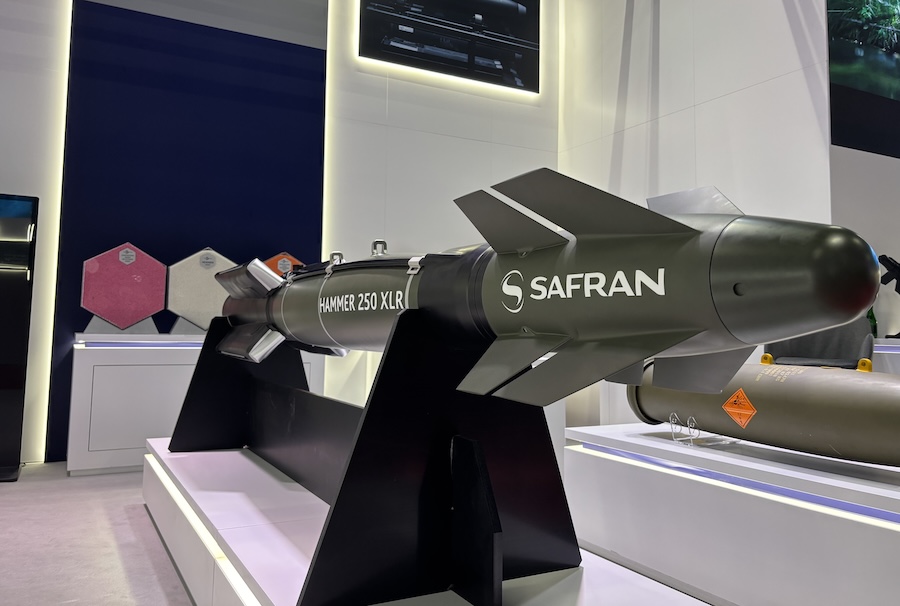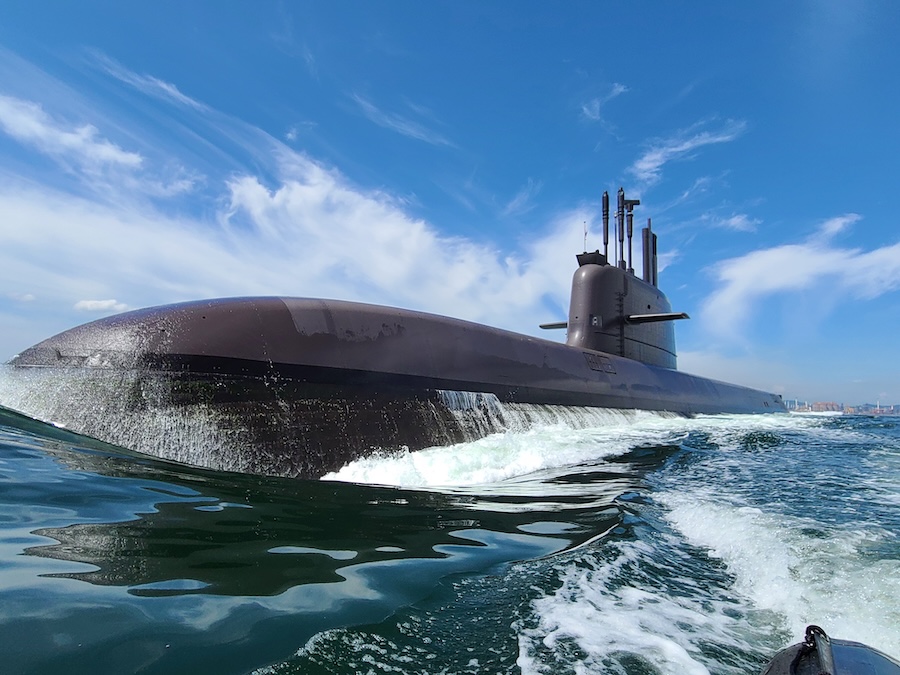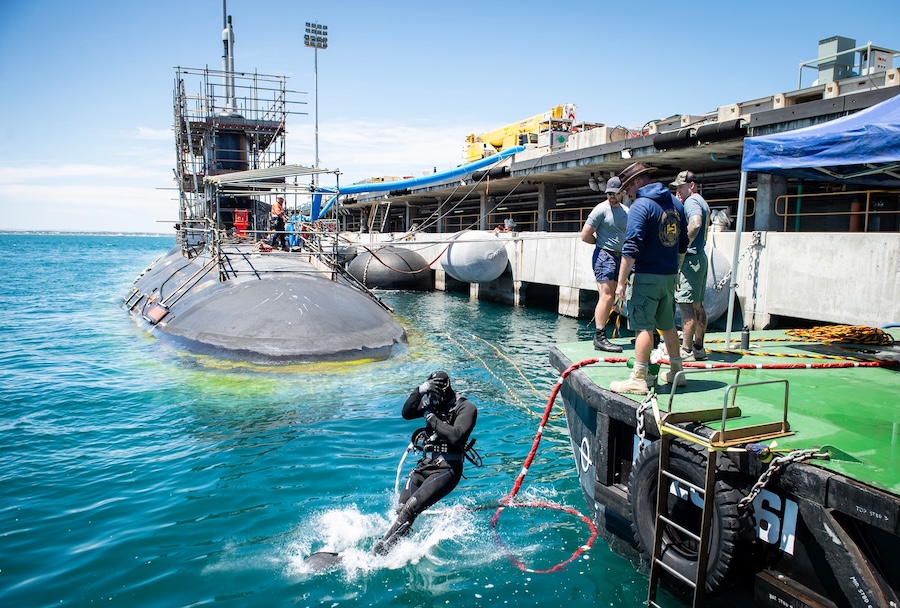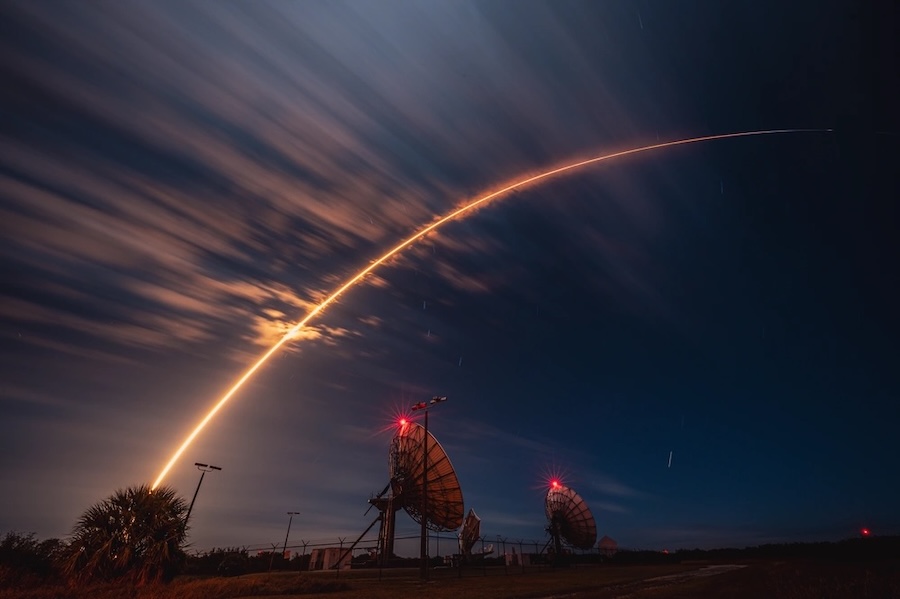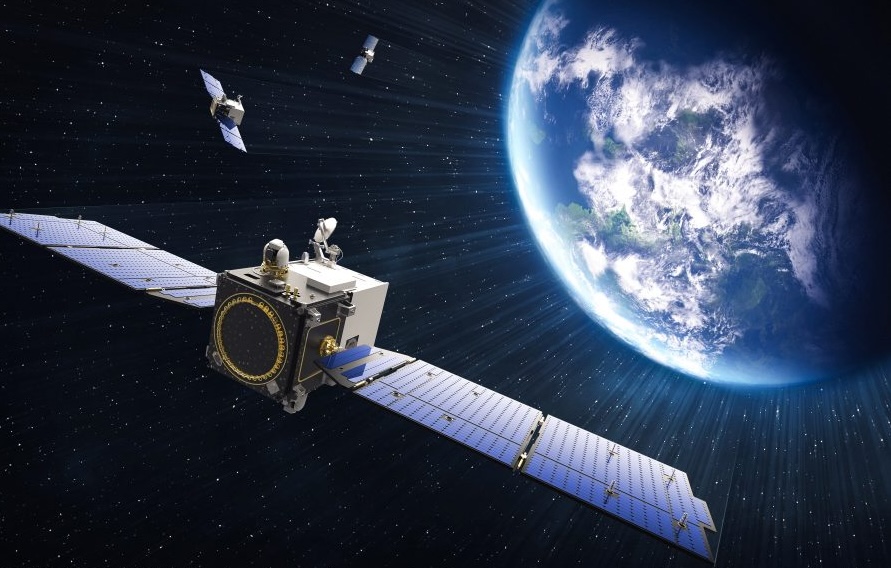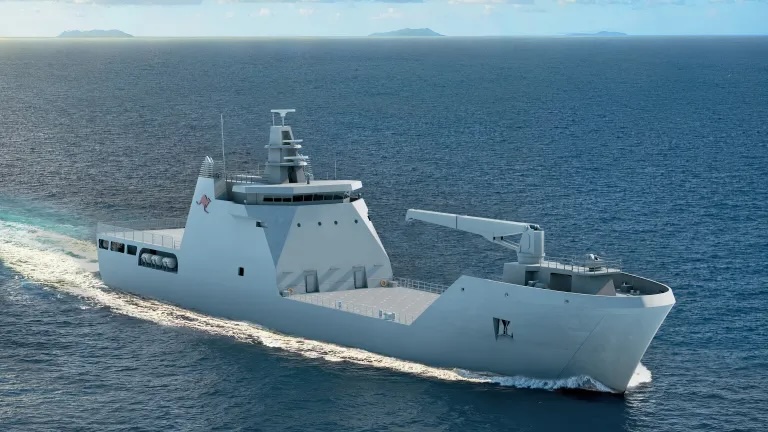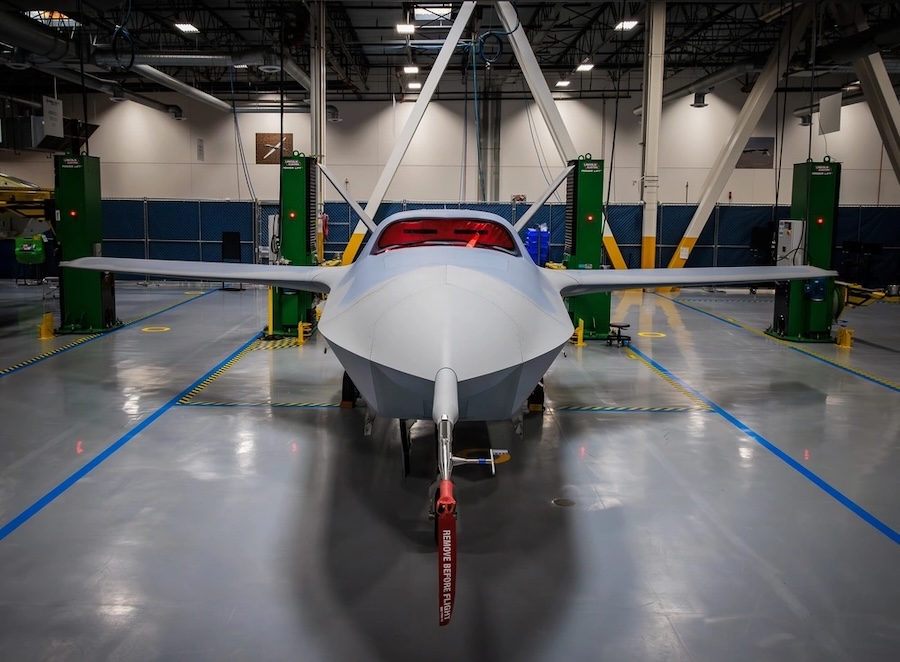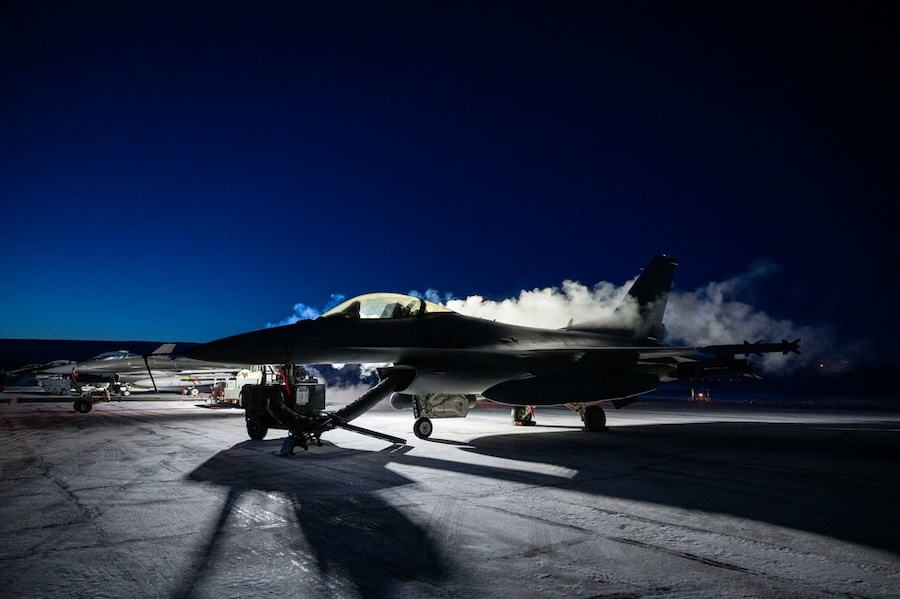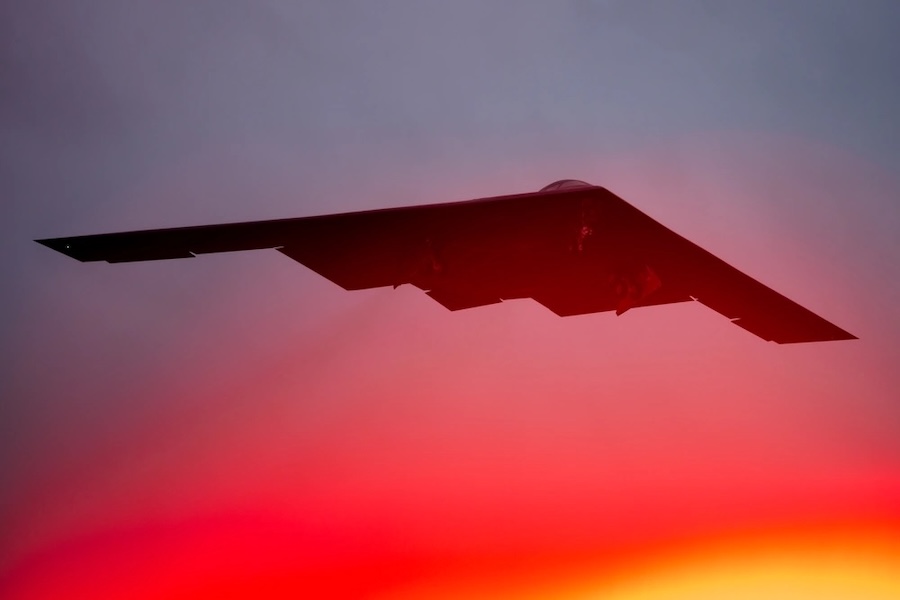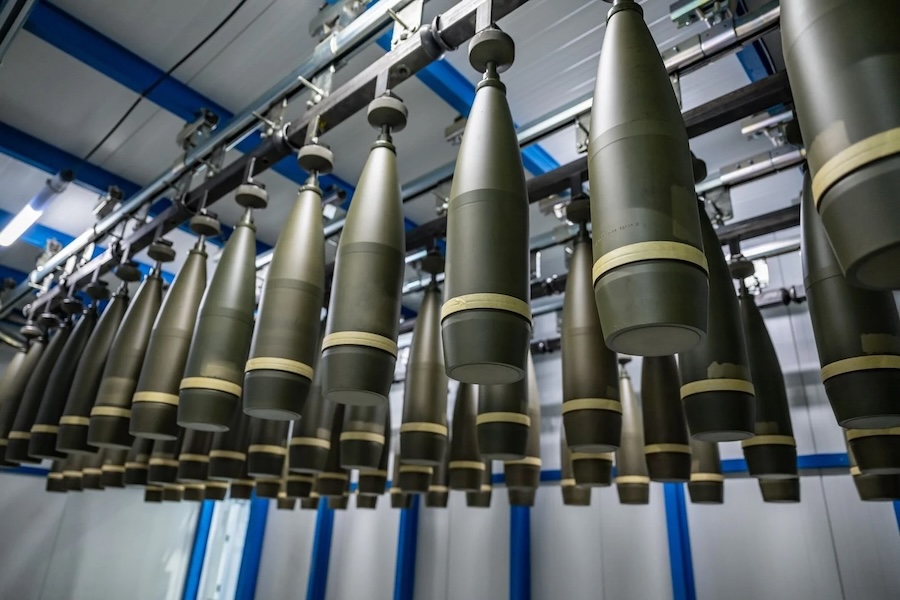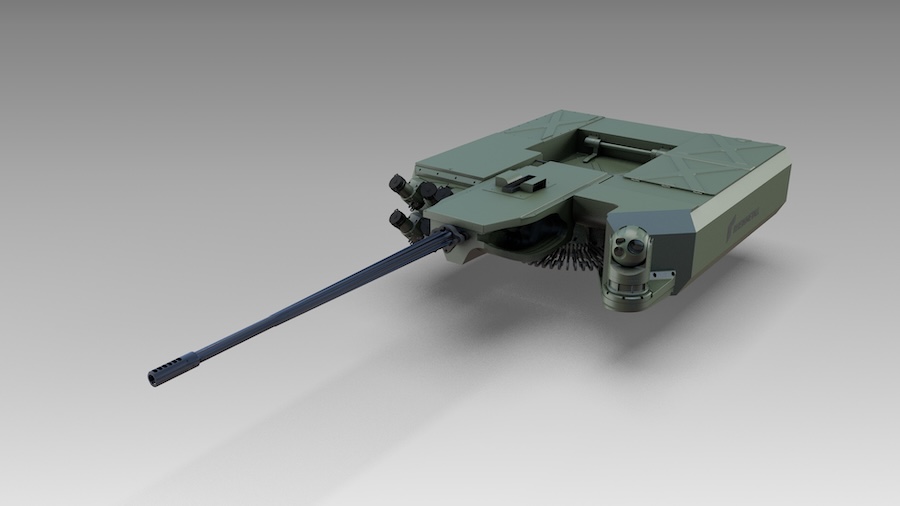The expansion marks a significant step in the Marine Corps’ modernisation efforts under the “Force Design 2030” initiative, aimed at enhancing naval expeditionary warfare. The VXE30 Stalker’s advanced capabilities, including Intelligence, Surveillance, and Reconnaissance (ISR) functions, will strengthen operations across contested maritime spaces and bolster national defence strategies.
Edge Autonomy has been a trusted partner of the US Marine Corps since 2006, evolving the Stalker system to meet dynamic mission needs. Chief Growth Officer Josh Stinson highlighted the aircraft’s proven reliability, stating it has surpassed 100,000 flight hours globally, making it a versatile asset for land and sea operations.
The VXE30 Stalker’s modular design offers unmatched flexibility through a variety of payloads and power options, including a state-of-the-art battery providing six hours of flight time. For extended missions, a proprietary propane fuel cell increases endurance to 24 hours, with a robust filtration system enabling the use of various propane grades.
This lightweight, Group 2 sUAS is designed to replace larger, more logistically demanding systems, aligning with the Marine Corps’ shift towards Distributed Operations. The system’s ease of transport, rugged construction, and ability to function in GPS-denied environments underscore its battlefield adaptability.
Read more:
Finland allocates EUR 1.9 billion for F-35A fighters in 2025 defence budget
International Drone Summit to take place in Riga, Spring 2025
Danish Armed Forces expands drone fleet with AgEagle’s eBee VISION systems


